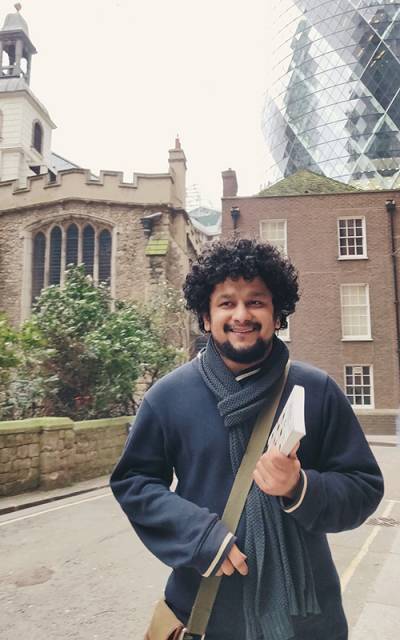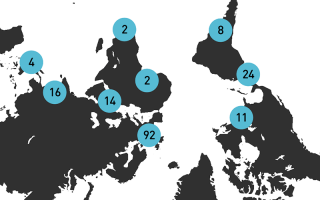
During the one-year period of the UDP program, I grew as both a researcher and a practitioner. Beyond the classroom lectures, the MSc experience for me was enriched by the vibrant and critically rich interactions with the professors and with my amazing colleagues from across the globe. Hours debating and discussing the meaning of ‘social justice’ and ‘community’ (but still not arriving on any one definition) taught us that it was less about finding a right answer, but knowing the right questions, that would guide many of us and our thinking processes.
Studying and working with my classmates who belonged to a variety of disciplines—ranging from law to sociology to environmental science to international relations to urban design—brought a rich interdisciplinary approach towards thinking about the urban development challenges. Adding to this, the geographical diversity of the batch made my experience of learning, more importantly un-learning, immensely powerful. As a practitioner based in Mumbai now, working on urban challenges which are contextual to India, I am able to relate and engage with my DPU colleagues who are working in Chile, Peru, Egypt, or Indonesia. The countless holistic experiences and cross-pollination with professors, colleagues and guest lecturers played a huge role in my present engagements.
Affordable Housing has been one of my core areas of interest for a number of years. While working on my dissertation in April 2020—focused on land tenure security in low-income settlements—I was simultaneously incubating an idea with a colleague from Mumbai. Focusing on addressing urban poverty and tenure insecurity in my home city, the idea went through months of brainstorming and many iterations and became a recipient of funding and mentorship from The/Nudge Center for Social Innovation. This idea eventually evolved into CIHab, or Centre for Inclusive Habitat.
Centre for Inclusive Habitat (CIHab) is a voluntary initiative that aims to empower and equip the urban poor with accurate, reliable, and relevant information about the prevalent housing interventions in their city. CIHab believes that communities' participation in their habitat development process is non-negotiable and that tackling the information asymmetries is necessary for them to engage with the process effectively. Their active involvement can help address the pertinent questions of adequacy, affordability, and inclusivity in housing. This housing literacy platform aims to help the audience gain an understanding of the legal, technical, procedural, and financial aspects of the predominant housing interventions in the city. The intended audience for this includes the urban poor communities like the slum cooperative housing societies, other community-based organisations, NGOs, community representatives and other stakeholders.
While this is just a beginning, I hope CIHab will keep evolving from the feedback of various stakeholders, primarily the residents in informal housing. Those conversations and discussions around bridging theory and practice during my Masters’ kept resonating at different points in time during this journey, and it continues to do so.
You can access CIHab website here: https://cihab.in/
LinkedIn Profile: https://www.linkedin.com/in/rohit-lahoti-bb397598
 Close
Close


